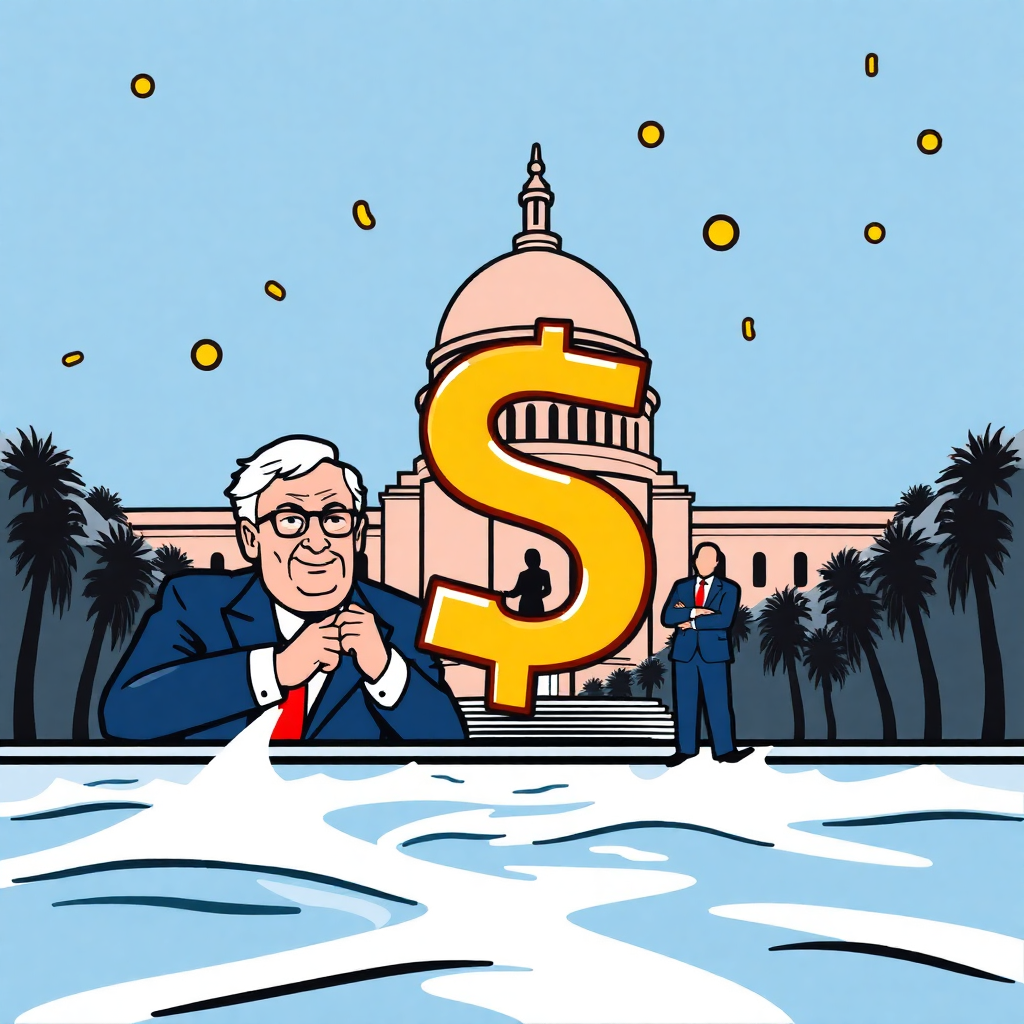Can billionaires be ethical?
Ethical billionaires might be those who build wealth through legitimate means, pay fair taxes, treat employees justly, minimize environmental impact, and actively work to address societal challenges through their resources and influence.
The question of whether billionaires can be ethical has become increasingly prominent as wealth inequality reaches historic levels worldwide. With over 2,700 billionaires globally controlling trillions in assets, society grapples with fundamental questions about the moral implications of extreme wealth accumulation and the responsibilities that come with such unprecedented financial power.
The Case Against Billionaire Ethics
Critics argue that the very existence of billionaires represents a moral failure in itself. They contend that accumulating such vast wealth while poverty, hunger, and preventable diseases persist globally demonstrates a fundamental ethical disconnect. Philosopher Peter Singer and others argue that billionaires have a moral obligation to give away the majority of their wealth, as the marginal utility of additional billions is negligible compared to the life-saving impact those resources could have for the world's poorest populations.
The concentration of wealth also raises concerns about democratic governance and social justice. When individuals possess resources exceeding the GDP of entire nations, they wield disproportionate influence over political processes, media narratives, and social institutions. Critics argue this undermines democratic principles and creates oligarchic power structures that serve billionaire interests rather than broader societal needs.

The Defense of Ethical Billionaires
Proponents argue that billionaires can indeed be ethical, pointing to examples of responsible wealth creation and philanthropic leadership. They emphasize that many billionaires generated their wealth through innovation, job creation, and providing valuable products or services that benefit society. Entrepreneurs like Bill Gates, Warren Buffett, and others have pledged to give away the majority of their fortunes through initiatives like the Giving Pledge, demonstrating that extreme wealth can coexist with ethical responsibility.
Supporters also highlight how billionaire-funded initiatives can drive breakthrough innovations in areas like clean energy, medical research, and space exploration that governments and smaller organizations cannot adequately address. The argument suggests that concentrated wealth, when directed responsibly, can achieve transformative social impact more efficiently than distributed resources.
The Middle Ground: Conditional Ethics
A nuanced perspective suggests that billionaire ethics depend entirely on how wealth is acquired, maintained, and deployed. Ethical billionaires might be those who build wealth through legitimate means, pay fair taxes, treat employees justly, minimize environmental impact, and actively work to address societal challenges through their resources and influence.
This view emphasizes that the ethical question is not whether someone should possess billions, but rather what obligations come with such wealth. It suggests billionaires have heightened moral responsibilities precisely because of their outsized capacity to influence positive change.
Moving Forward
The debate over billionaire ethics ultimately reflects broader questions about economic systems, wealth distribution, and social responsibility. While some billionaires demonstrate genuine commitment to ethical behavior through philanthropy and responsible business practices, the systemic issues that enable extreme wealth concentration remain largely unaddressed.
Perhaps the real question is not whether individual billionaires can be ethical, but whether societies should structure their economic systems to prevent such extreme wealth accumulation in the first place, ensuring more equitable distribution of resources and opportunities for all citizens.